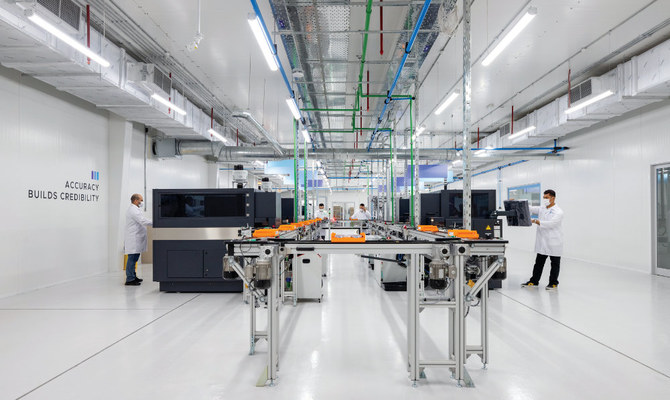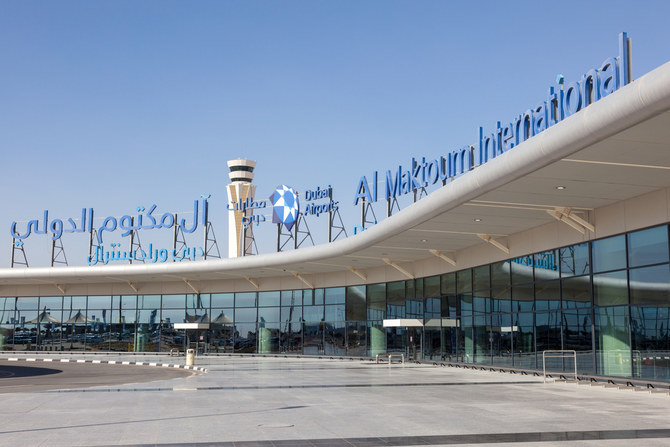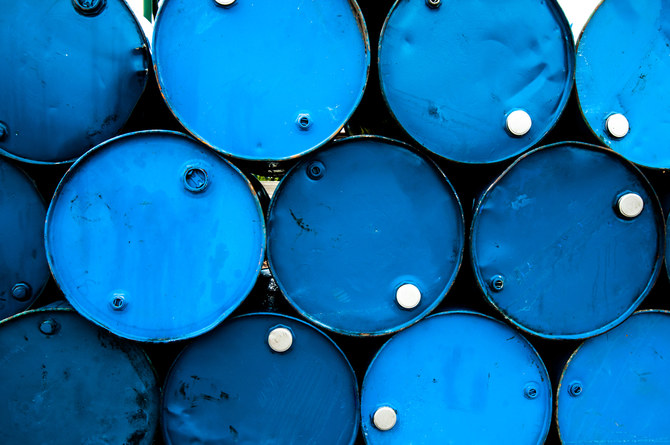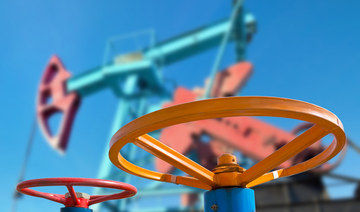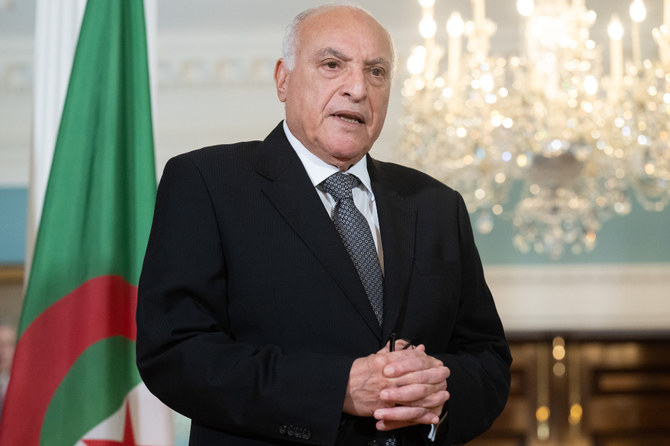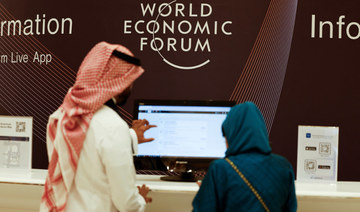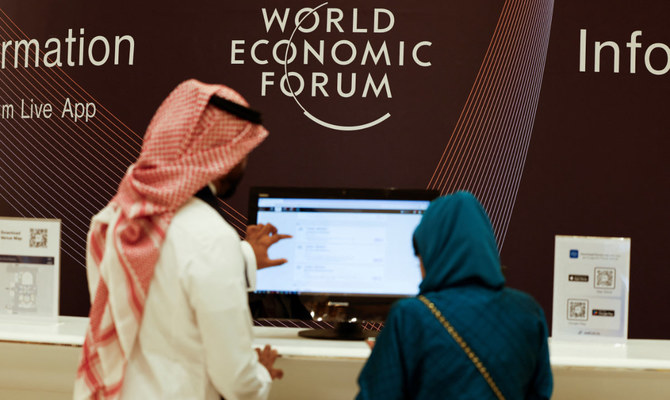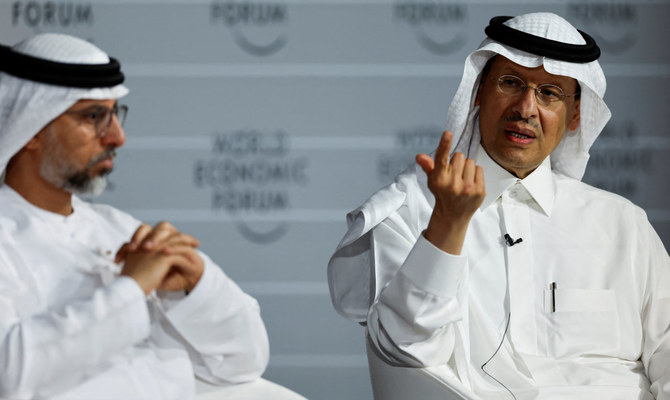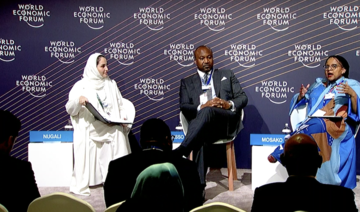RIYADH: Magrabi Group, which runs the largest network of optical retail stores and hospitals in the Middle East, is open to a possible initial public offering as it plans to invest SR100 million ($26.63 million) a year over the coming few years to expand operations, including the opening of a lens manufacturing facility in Dubai and possibly a similar plant in Riyadh.
The Group CEO, Amin Magrabi, told Arab News in an exclusive interview that some businesses under the group are very interested in the idea of selling shares to the public without revealing the exact time frame of the IPO.
Speaking following the launch of his Lens Innovation Center, one of the most advanced facilities in the world and the biggest manufacturer of ophthalmic lenses, Magrabi said, from a valuation perspective, the market is just right to raise funds.
“We are always studying when it is the optimal time to do it. Everyone knows from a valuation perspective that the market is hot now and offers attractive valuations. For Magrabi Retail, I don’t see that happening in the next three years. But we are constantly looking at it,” Magrabi told Arab News.
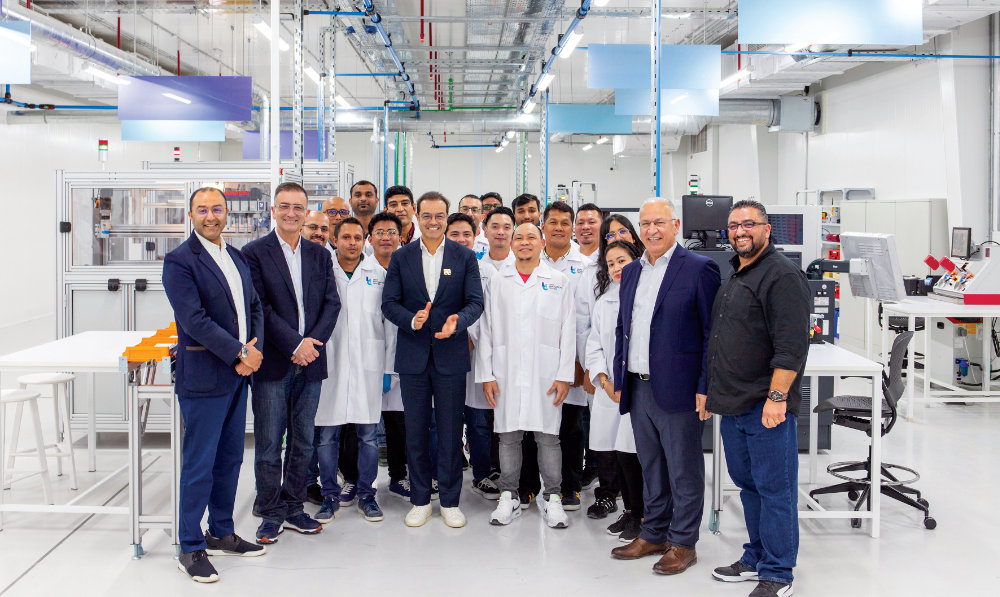
He added: “When I look into the future, I see at some point, we will tap the capital markets, but not in the short term. We have no concrete plans to tap the capital markets.”
But the company has already made tremendous strides. Its lens center in Dubai currently produces 1 million lenses annually, and the company plans to manufacture 2 million by 2025.
The company has partnered with the top German manufacturer of ophthalmic lens machinery and equipment, Schneider Optical, to develop the facility.
The center is the only lens manufacturing facility in the region that utilizes Schneider’s modulo line technology, enabling the center to run at maximum efficiency levels not seen in the Middle East before.
The advantages of the modulo production line are wide-ranging, reducing costs and improving overall efficiency and capacity to world-leading levels.
Opened in January 2022, the LIC will serve Magrabi’s premium brand and the company’s mainstream brand Doctor M.
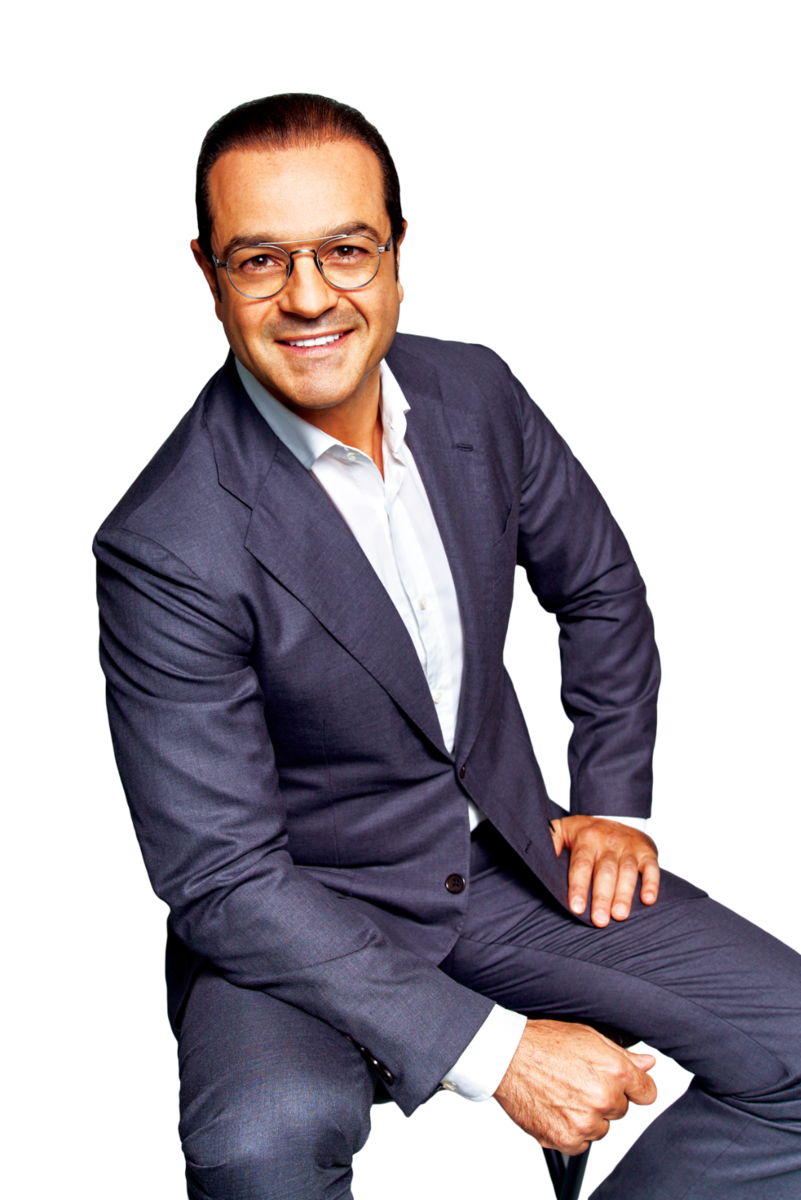
KSA is our biggest market. Our investments will be dominated by Saudi Arabia. So Riyadh is an attractive market for us to look at.
Amin Magrabi, Magrabi Group CEO
The firm plans to manufacture a pair of lenses every 15 seconds by 2025, with the goal backed by an investment of 54 million dirhams ($14.7million).
Ramping up Saudi Arabia
During the interview, Magrabi noted that the company’s biggest market is Saudi Arabia, and it is planning to ramp up investments in the Kingdom in the next five years.
He further said that Magrabi expects to open a similar lens innovation center in Riyadh.
“Saudi Arabia is our biggest market. Our investments over the next five years will be dominated by Saudi Arabia. So Riyadh is an attractive market for us to look at. And it’s our largest and fastest-growing market in the region,” he added.
Recently, Magrabi Group changed its headquarters from Jeddah to Riyadh, clearly showing the company’s interest in the Kingdom’s capital city. It is also leading the industry in terms of Saudization.
“We are committed to employing, training, developing and promoting Saudi talent. I think we close this year with 70 percent Saudization in our workforce in Saudi Arabia,” he further noted.
Magrabi added that the lens market is also slowly switching to the online selling mode, which will help customers buy lenses from the comfort of their homes.
HIGHLIGHTS
• The company has already made tremendous strides. Its lens center in Dubai currently produces 1 million lenses annually, and the company plans to manufacture 2 million by 2025.
• The company has partnered with the top German manufacturer of ophthalmic lens machinery and equipment, Schneider Optical, to develop the facility.
• The center is the only lens manufacturing facility in the region that utilizes Schneider’s modulo line technology, enabling the center to run at maximum efficiency levels not seen in the Middle East before.
• The advantages of the modulo production line are wide-ranging, reducing costs and improving overall efficiency and capacity to world-leading levels.
“We’ve gone online in Saudi Arabia first and then the UAE. We will go to the rest of the region over the next 12 to 18 months. So now you can get your contact lenses and sunglasses online. But still, to get the best quality measurements, you need to go to the store for the eye test and perfect fit,” added Magrabi.
Widening horizons
With a wide presence of 140 stores across the Kingdom, the UAE, Egypt, Qatar and Kuwait, the group now plans to go premium in the next five years.
“We’re trying to make it more premium. But we do relocate stores. We expand stores, and we put them in better positions.
But we don’t expect significant growth in those numbers over the next five years. Maybe a 20 percent growth on those numbers,” he continued.
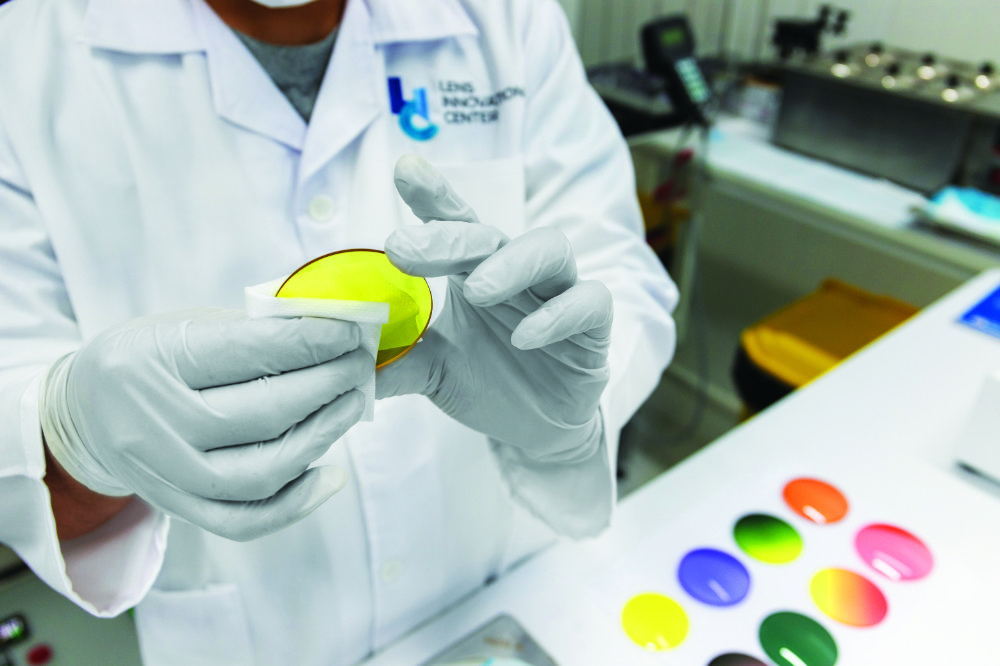
“Magrabi wants to emerge more as a lifestyle brand and more as a luxury brand. So you will see massive investments in refurbishments, relocations and expanding some of our existing stores. And this year alone, we will invest over SR80 million to SR85 million to achieve this.”
He also added that he does not want to expand into international markets like regular players who simply open new stores in Western cities.
“When we go to these markets, we’re not another player who says I have a few stores. We know many people who’ve done that.
So, the day we go, we want a significant presence there. We’re trying to create truly differentiated organizations and business models so that when they grow internationally, they can significantly impact the markets they go to,” he said.
While talking about Magrabi’s social commitment, he noted that the group has been operating nonprofit hospitals in countries like Egypt, Yemen and Sudan.
“We have nonprofit hospitals across many Middle Eastern countries that are less fortunate than the Gulf countries. We have constantly invested, donated and supplied care to those in need,” he continued.
Magrabi added that the company is eyeing to ensure gender equality in its workforce by 2025.
Talking about the measures taken to protect the environment, he said, “We are using optimal electrical and water usage in our facilities. Starting this year, we will also do some audits to see where we rank and how we can improve on those things.”



